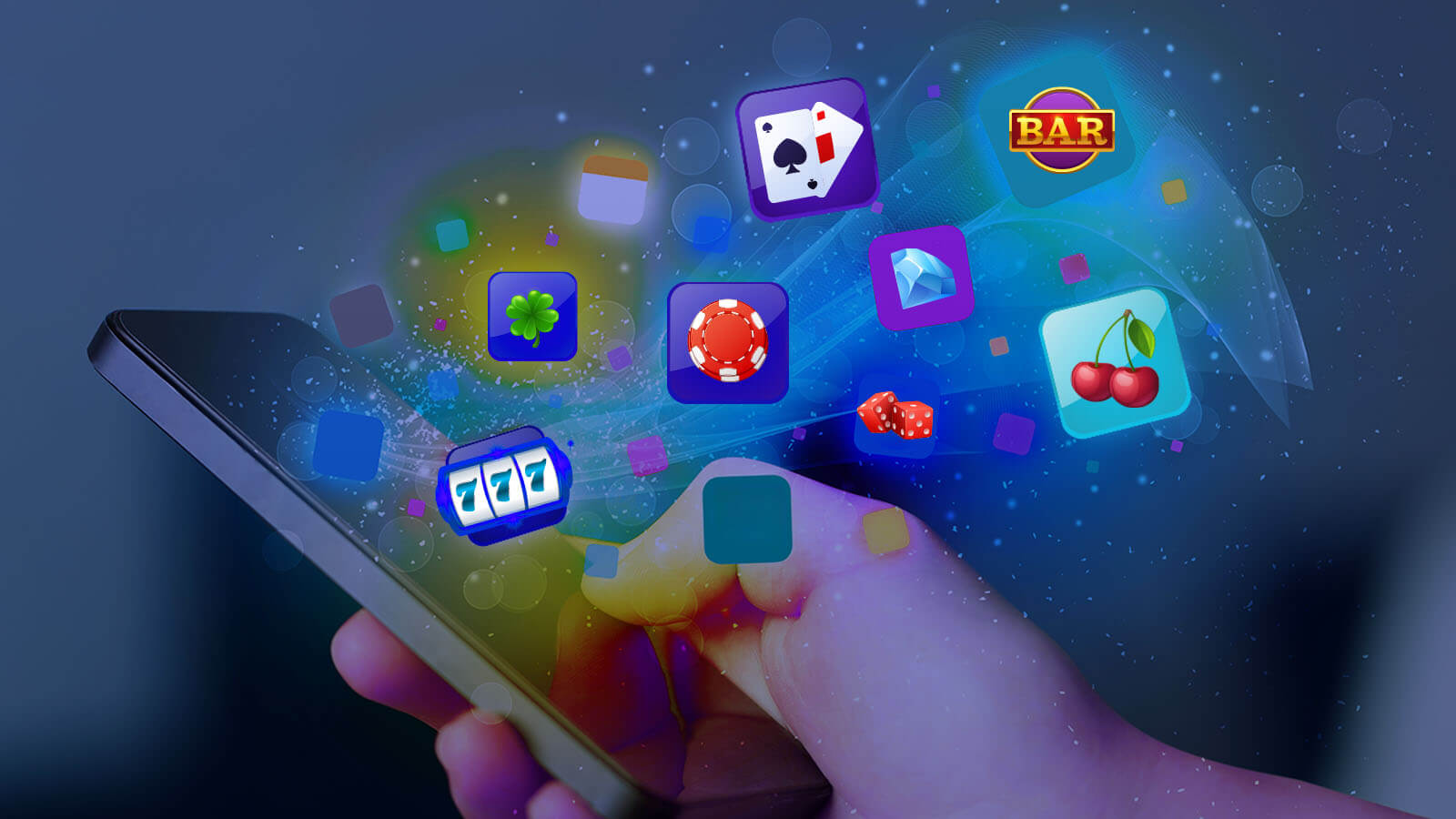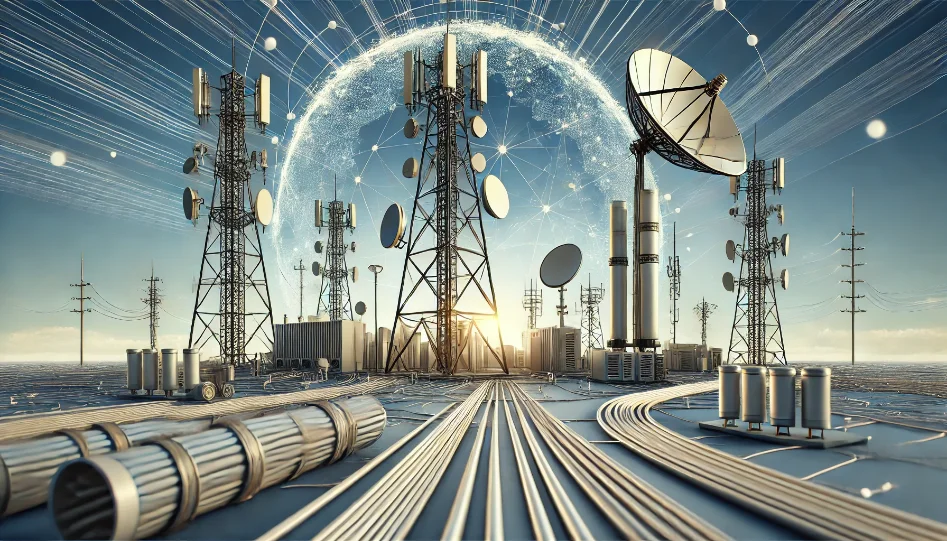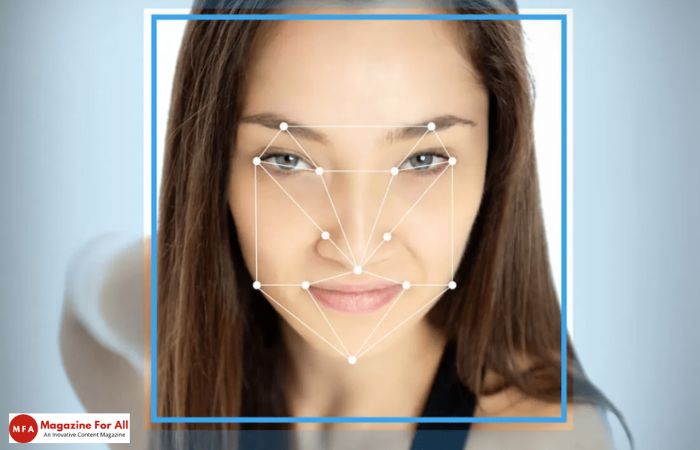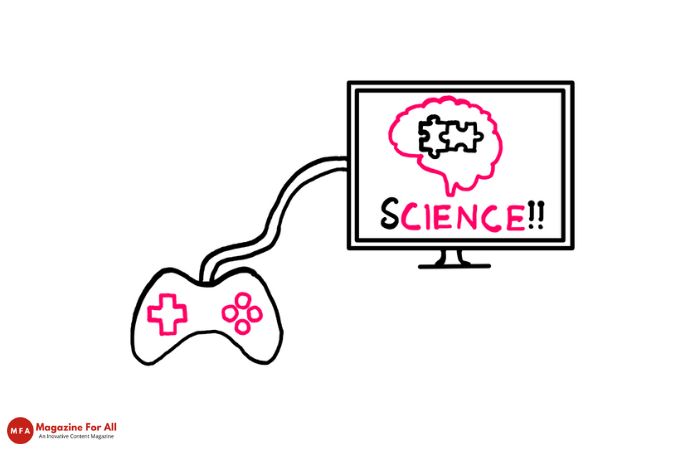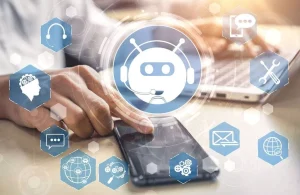In the modern era of digital interconnectedness, the Internet has seamlessly woven itself into the fabric of our daily routines. It serves as a vital tool for communication, research, entertainment, and a myriad of other purposes. Yet, have you ever pondered the inner workings of this vast network?
In this comprehensive guide, we’ll talk about what is internet, unravel the mysteries behind this marvel of technology, and break down the complex processes into digestible bits of information. By the end of this article, you’ll clearly understand how the Internet functions, from the devices you use to access it to the intricate web of data transmission that spans the globe.
Table of Contents
What is the Internet?
The Internet, short for “interconnected networks,” is a vast global network that connects billions of devices worldwide. It is a network comprising computers, servers, routers, and switches, all linked together to facilitate data exchange and communication. The Internet enables the sharing of information, files, and resources globally.
2. The role of Internet Service Providers (ISPs)
Internet Service Providers (ISPs) are pivotal in connecting you to the Internet. They are companies that provide you with access to the global network through various technologies such as DSL, cable, fiber-optic, or wireless connections. When you subscribe to an ISP, they grant you a unique IP address, which serves as your online identifier.
3. Data Transmission and Packets
At the heart of the Internet’s functionality lies the concept of data transmission through packets. When you send or receive data over the Internet, it is divided into smaller packets. These packets travel independently across the network, taking the most efficient route to their destination. Once they arrive, they are reassembled in the correct order to reconstruct the original data.
4. Protocols: The Language of the Internet
To ensure seamless communication between devices, the Internet relies on a set of rules and conventions known as protocols. The most fundamental of these is the Internet Protocol (IP), which assigns unique addresses to devices and ensures data reaches its intended destination. Another critical protocol is the Transmission Control Protocol (TCP), which manages data transmission by establishing reliable connections and error checking.
5. IP Addresses and Domain Names
Every device connected to the Internet is assigned a unique IP address, which can be either IPv4 (e.g., 192.168.1.1) or IPv6 (e.g., 2001:0db8:85a3:0000:0000:8a2e:0370:7334). IP addresses facilitate the routing of data across the Internet. Domain names, on the other hand, serve as user-friendly aliases for IP addresses. When you type a URL into your browser, the Domain Name System (DNS) translates it into the corresponding IP address.
6. The World Wide Web (WWW)
The World Wide Web, often referred to as the “Web,” is just one of the many services available on the Internet. Created by Sir Tim Berners-Lee in the late 20th century, the Web is a collection of interconnected documents and resources accessible through hyperlinks. It uses the HTTP (Hypertext Transfer Protocol) for transmitting web pages, and web browsers like Chrome, Firefox, and Safari allow users to view and interact with these pages.
7. Search Engines and Browsing
Search engines like Google and Bing are your gateway to the vast sea of information on the Internet. They use complex algorithms to index web pages and deliver relevant search results based on your queries. When you click on a search result, your browser sends a request to the web server hosting the page, which then sends back the requested content for viewing.
8. Security and Encryption
With the Internet being a global network, security is a paramount concern. Secure Sockets Layer (SSL) and its successor Transport Layer Security (TLS) are cryptographic protocols that provide secure communication over the Internet. They encrypt data transmitted between your browser and web servers, ensuring that sensitive information like passwords and credit card details remain confidential.
9. The Future of the Internet
The Internet continues to evolve rapidly. Emerging technologies like 5G, the Internet of Things (IoT), and artificial intelligence are shaping its future. These advancements promise faster speeds, greater connectivity, and new opportunities for innovation. However, they also raise important questions about privacy, security, and digital ethics that must be addressed.
Uses of the Internet
The Internet has become an indispensable tool in our modern world, serving various purposes across various aspects of life. First and foremost, it is a vast repository of information, serving as a virtual library where we can access abundant knowledge, research, and educational resources. It also facilitates communication, allowing us to connect with people worldwide through email, social media, and video conferencing. Entertainment is another significant Internet use, streaming services for movies, music, and games. E-commerce has revolutionized how we shop, enabling online purchases of goods and services. Additionally, the Internet plays a crucial role in business, providing a platform for marketing, online transactions, and remote work. It has even transformed healthcare, with telemedicine services allowing patients to consult with doctors from their homes. In essence, the Internet has woven itself into the fabric of our daily lives, offering a multitude of uses that continue to evolve and expand.
Conclusion
In this comprehensive guide, we’ve delved into the inner workings of the Internet, exploring its fundamental components and the technologies that power it. From ISPs and data packets to protocols and security measures, the Internet is a complex but fascinating network that enables the modern digital world. As technology advances, so will the Internet, bringing new possibilities and challenges for generations to come. Understanding how the Internet works is essential for using it effectively and participating in discussions about its future and impact on society. So, the next time you browse the web or send an email, you’ll have a deeper appreciation for the intricate system that makes it all possible.
Related Post: How to add AirPods to find my iPhone-Updated




